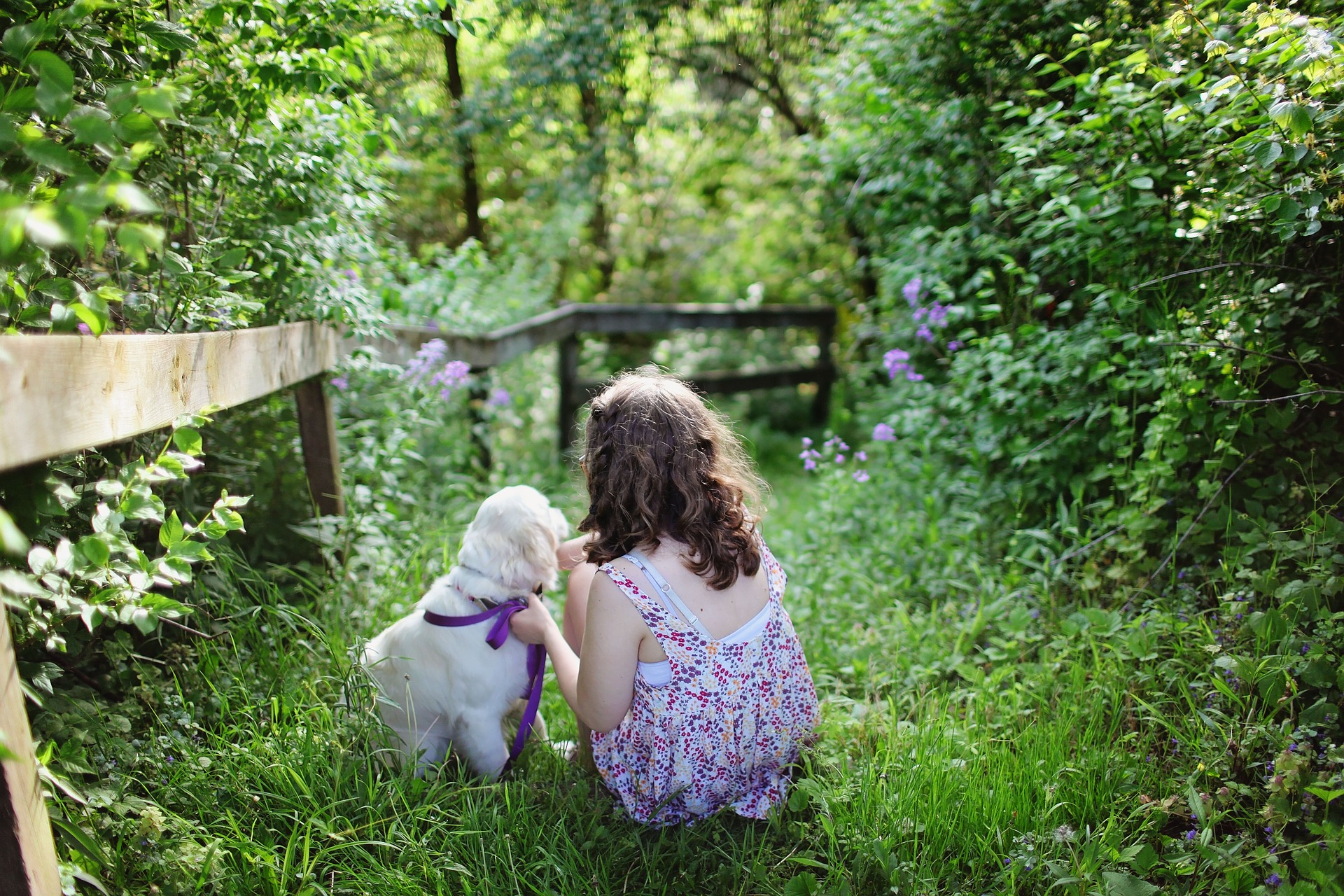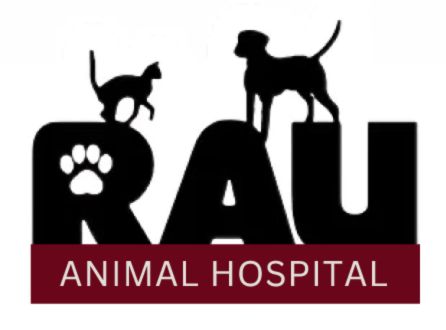Happy and well-adjusted puppies are friendly and playful. However, puppies who haven't been well-socialized may become fearful and exhibit aggressiveness as a form of self-defense. If you've ever met a dog who's scared of the everyone and everything, you know that is not a pleasant experience for anyone, and in fact, behavior problems are one of the biggest reasons dogs are relinquished to shelters. Sadly, many of these dogs had the capacity to become happy and confident, if only they'd experienced careful socialization in their early weeks.
What Is Socialization?
Like it sounds, socialization is the process of introducing your pup to daily life in a comfortable way. Daily life can include loud noises, like vacuum cleaners or hair dryers, as well as people of all ages and colors, hats, other animals, and much more.
When your puppy feels comfortable in daily surroundings, he's more likely to be happy and easy-going. However, you may not realize how critical it is to socialize your puppy in the first weeks of life. Some dogs who are isolated during their first weeks never grow into relaxed and fun pets.
According to the American Kennel Club, “From 7 weeks to 4 months of age, your puppy goes through a socialization period that permanently shapes his future personality and how he will react to things in his environment as an adult. Gently exposing him to a wide variety of people, places, and situations now makes a huge, permanent difference.”
How You Can Set Up Socialization Opportunities for Your Puppy
Because this socialization process starts so young, good breeders will ensure socialization opportunities for new litters. They may do this by inviting trusted friends and family members over to interact with the puppies when they’re small. However, if you’re adopting a pup from a shelter, you obviously have no control over their early days and weeks, yet you can see from their behavior if they’re friendly or skittish. Remember, though, just because a pup is skittish, that doesn't mean he won't develop confidence given time and training.
Experienced shelter staff can make educated recommendations for you if you're looking to adopt. No matter whether you buy or adopt your puppy, one way you can socialize him is to invite friends and family members over to meet your new pup.
Blue Cross for Pets says, “Meeting adults and children should be the most important item on your socialisation programme as it’s especially important that pet dogs enjoy their company. The more people your puppy meets and plays with, the more friendly and sociable your puppy will become. Take your puppy to your friend’s houses and invite friends to your house!”
You can also enroll your puppy in puppy training classes and take extra care to make sure your puppy meets a variety of people. For example, if you don’t have children, try to arrange for your puppy to meet dog-friendly children. You also want your dog to meet (and play with) other friendly dogs.

How to Recognize Potential Trouble
When you take your puppy into the world, you want to make sure she has the most positive experiences. However, you can’t control everything, including your pup’s reaction to what may seem like a friendly situation. Just as we may not always be in the mood for a social outing, your dog may not either. The key to keeping your dog happy is to recognize the signs that your dog is uncomfortable. They'll tell you with their body language.
“If your puppy clings to you, if she’s yawning or turning her head away, she’s stressed. Forcing the puppy will just make it worse,” says trainer and author Teoti Anderson of Lexington, South Carolina. “Puppy emotions can be so fleeting. If more puppy owners paid attention to that, and just let the puppy go at his own pace, they’d avoid a lot of problems.” (Source: The Whole Dog Journal)
It's better to take your pup out for short socializing opportunities in the early days. Short excursions are far easier to enjoy than a lengthy outing filled with new (and potentially overwhelming) experiences.
In fact, you don’t have to leave your home at all to socialize your pup. As mentioned above, you can invite people to your home to meet your new puppy. Have them crouch down to say hello and be calm around your dog. If your dog is shy, have them ignore your pup and let your puppy choose to approach on his own. That way you build confidence in your dog.
You can set up a playdate with the dog next door if that dog is friendly to other dogs. These bite-size opportunities to explore the greater world are effective and simple to arrange. You don’t need to take your puppy to the nearest outdoor event with swarms of people, new sights, sounds, and other dogs. Let them work up to those types of experiences when they're older. Besides, you also want to protect your dog from diseases.
My Puppy Hasn't Had All His Puppy Shots; Can I Socialize Him?
In years past, veterinarians warned people to avoid puppy socialization until their dog had all their puppy vaccines -- usually around 16 weeks.
While that makes sense on one level, on another it doesn’t. We now know that behavioral problems are the biggest reason dogs end up in shelters. We also know those early weeks are critical for socialization. Therefore, it’s important to strike a balance. You want your puppy to grow into a happy, healthy, and confident dog which requires socialization AND disease prevention.
In 2008, the American Veterinary Society of Animal Behavior (AVSAB) published a paper stating that it “should be the standard of care for puppies to receive [such] socialization before they are fully vaccinated.” They recommend that under certain conditions, if your pup has received the first vaccinations in the puppy series at least seven days prior to the start of their puppy socialization classes, and they’ve also been given their first deworming dose, it’s better to go to the class. If the previous conditions are met, as well as a few others, the risk of contracting one of the diseases for which you can vaccinate is low enough as to be eclipsed by the behavioral risks associated with not receiving such socialization...." In other words, confine your puppy to known surroundings and people/animals in those first few weeks. Facilities that offer puppy kindergarten will give you further guidelines, as well as your veterinarian.
Of course, good dog socialization continues well past these early weeks and is a life-long endeavor. You want your dog to be able to follow basic commands such as sit, stay, and come. As you spend more time working together, your bond will deepen and you'll recognize when your dog is stressed and when he's happy. If you have questions about socializing your new puppy, contact your veterinarian for recommendations.

